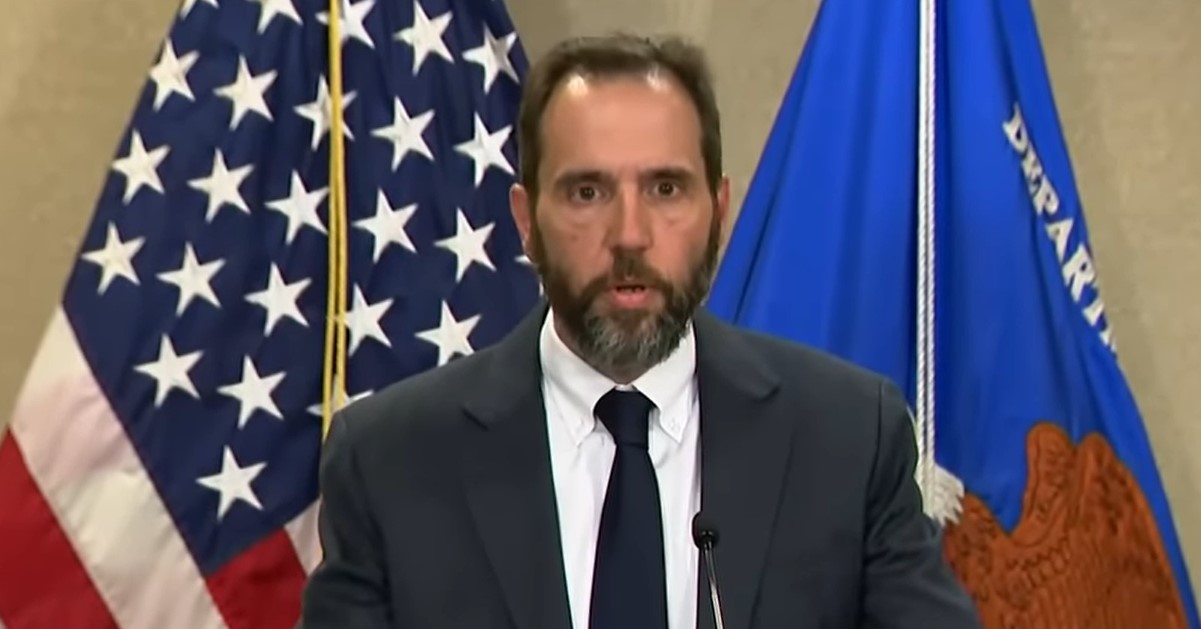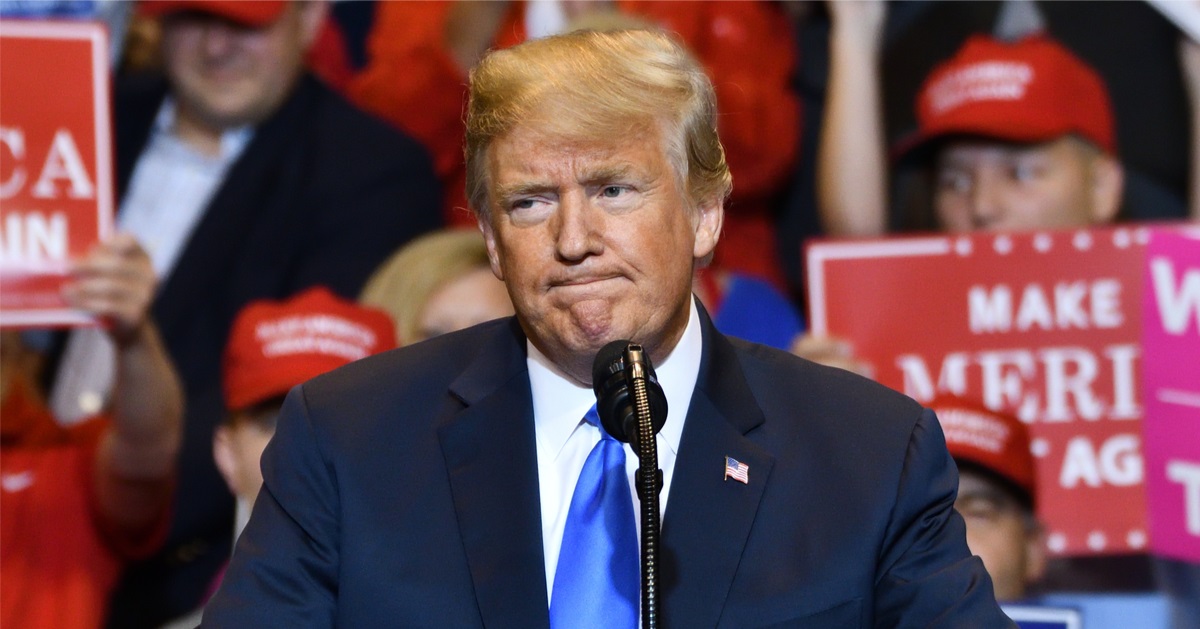Twenty GOP state attorney generals argue that Jack Smith's appointment was unconstitutional
Judge Aileen Cannon made headlines earlier this year when she dismissed brought against former President Donald Trump by Special Counsel Jack Smith on the grounds that his appointment violated the Constitution's Appointments Clause.
However, a group of Republican state attorneys general contend that there is another reason why Smith needs to go.
"Smith faces next-to-zero presidential accountability"
According to the website Law & Crime, the attorneys general hail from Florida, Iowa, Alabama, Alaska, Arkansas, Idaho, Indiana, Kansas, Kentucky, Louisiana, Mississippi, Missouri, Montana, Nebraska, Oklahoma, South Carolina, South Dakota, Tennessee, Utah, and West Virginia.
Those 20 officials have signed on to a 33-page amicus brief submitted to the United States Court of Appeals for the 11th Circuit, which is hearing Smith's challenge to Cannon's decision.
They contend that "unlike a U.S. Attorney, Smith faces next-to-zero presidential accountability." Their brief points out how "was not appointed by the President and confirmed by the Senate."
What's more, the brief stresses that the special counsel is not "subject to the plenary supervision of an official who was."
Brief: AG lacks "authority to vest the executive power in Jack Smith"
"Smith acted under regulations that authorize the exercise of core executive power unguided by the plenary control of the President or any principal officer accountable to him," the attorneys general's brief continues.
"Because those regulations violate Article II of the Constitution, Smith’s actions under them are invalid," it goes on to maintain.
Specifically, the attorney generals argue that a president's "authority to control, and if necessary, remove subordinate executive officials at will" is "inherent in" the power laid out under Article II.
Yet the brief asserts that "Article II does not give the Attorney General the authority to vest the executive power in Jack Smith."
A president may not "bind his successors by diminishing their powers"
It likens such a move to the Secretary of Defense creating "a new branch of the military" and then placing it "under the control of a tenure-protected branch chief."
"It makes no difference if the President acquiesced in the relevant regulations at the time they were promulgated," the brief states as it draws to a close.
This is because although a commander in chief may "take a hands-off approach" in running his administration, he may neither "bind his successors by diminishing their powers" nor "escape responsibility" by acting as though government actions "are not his own."





